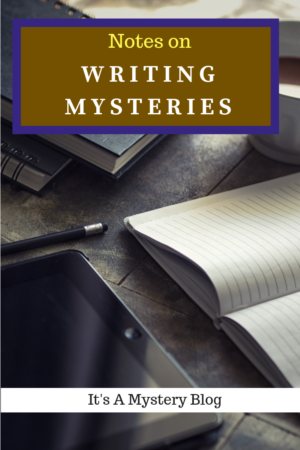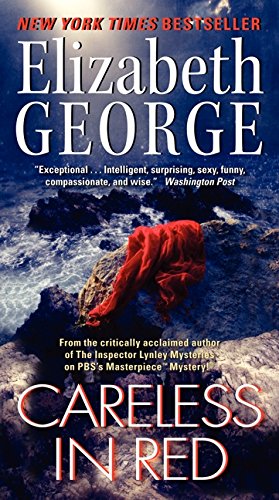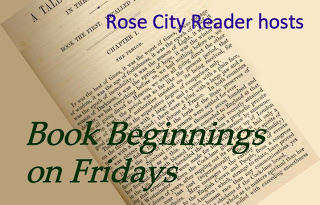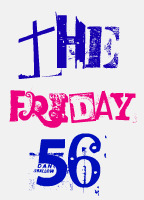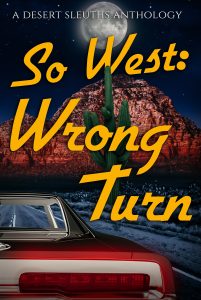Let’s take a look at five books about writing, any one of which may be perfect for your favorite writer.
Disclosure: I am an affiliate with Amazon so I can provide you with cover images and links to more information about books and products. As you probably are aware, if you click through the highlighted title link and purchase a product, I will receive a small commission, at no extra cost to you. Any proceeds help defray the costs of hosting and maintaining this website.
1. On Writing by Stephen King (2000)
Stephen King is a consummate storyteller and it shows throughout this book. Part memoir, part how-to manual, I came away with some treasures about writing. He is a huge proponent of reading as a way to inform your writing. He talks a lot about the “writer’s toolbox,” which are the skills you need to develop in order to write, like expanding your vocabulary and improving your grammar. He is also very candid about how some of his more famous books came together and how some almost didn’t.
Favorite quote:
If there is one thing I love about writing more than the rest, it’s that sudden flash of insight when you see how everything connects.
Stephen King probably couldn’t have written a straight how-to manual without including the memoir portions because writing is so much a part of his identity. That said, he gives very practical advice.
2. The Writing Life by Annie Dillard
This slim volume is a compilation of essays Annie Dillard published about writing over the years. She has had a rich writing life. She has a powerful, commanding voice and she has written some amazing books.
Rather than detailed how-to, the sections are about the writing process and what price tag it might have. It’s more about whether or not to give writing a try.
It is no less difficult to write sentences in a recipe than sentences in Moby Dick. So you might as well write Moby Dick.
She devotes a good number of pages in the book to the physical places where where she has written, such as in a college library after hours, a pine shed in Cape Cod, or a cabin on an island in the Puget Sound. What writer wouldn’t like to get away from it all like that? How many of us can actually achieve it?
Tips more toward intimidating than inspiring at times.
3. This Year You Write Your Novel by Walter Mosley
If you are looking for wise, warm, and clear advice on how to get the writing work done — especially for your first novel — this is the book for you.
The process of writing a novel is like taking a journey by boat. You have to continually set yourself on course…It’s not like a highly defined train tracks or a highway; this is a path that you are creating, discovering.
Walter Mosley covers the key points of writing a novel — such as which point of view to choose — very concisely. He also examines the revision process.
His main advice is to read, particularly poetry, and also to write every single day until you have a novel. Reading this book just might inspire you to do that.
Best for the first time author who is eager to get started.
4. Write Away: One Novelist’s Approach to Fiction and the Writing Life by Elizabeth George
Elizabeth George is a renowned author of mystery novels. Her ideas and pointers are at a deeper level than some of the others and this book might be better for someone who has some writing experience. That said, she has some wonderful suggestions.
- She recommends keeping a writing journal about writing your novel. She’s not the first author I’ve heard suggest this, but she gives actual quotes for her journals at the beginning of each section. Seeing how it works has inspired me to start my own writing journal and I’m finding it highly beneficial. I use it to keep focused, keep organized, and it also helps me to see the progress I’m making. Try it!
- George gives many concrete examples of her various points. For example, when she proposes getting ideas for novels from challenges, she gives two examples of novels she wrote when other authors said that format was too hard to pull off, that it couldn’t be done.
In any case, a great reference that you will likely return to again and again.
Note: authors don’t always agree on all points. For example, Walter Mosley says “dialogue is action.” Elizabeth George writes that “dialogue is character.”
5. How to Write a Mystery: A Handbook by Mystery Writers of America edited by Lee Child and Laurie R King
This is a collection of essays and short pieces by famous mystery and thriller authors about writing in their genre. It is filled with excellent advice, each contribution is a polished gem. Brilliant!
On the other hand, when you have a basket full of colorful gems, it isn’t easy to pick one or two to use. How to Write a Mystery might work best once you have a first draft and you have concrete questions. That way you’ll know what gems work best for you.
